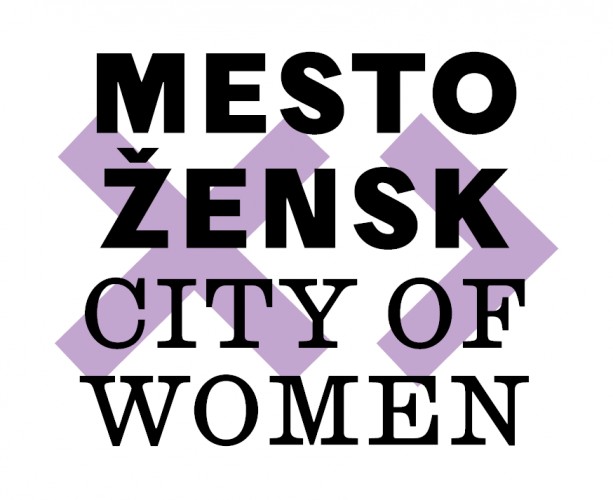La Vie Autrement / Life Differently
In Do You Remember Revolution (presented at the 1997 City of Women), Loredana Bianconi interviewed four Italian women with a revolutionary past (former members of the Red Brigades); in her documentary La Vie Autrement / Life Differently she presents four Belgian women of Moroccan extraction, caught between two worlds, two cultures, two languages.
“Is it possible, coming from a family of North African immigrants, being a daughter or a wife, to invent one's life, to choose to abandon the universe of tradition, to break with one's family, without necessarily forsaking your roots or relatives? Four portraits of women give an account of a generation who are living their lives through their own choices. Their mothers were illiterate, but dreamed of a university education for their daughters. They invested their hopes in their children, but also their desires for what they lacked, and their solitudes. Through the exercise of creation, Amina, Farida, Hayat and Madiha have found their path to freedom. Whether it be through writing, painting, music or theatre, each of these women offers an honourable and thoroughly convincing account of a journey, situated in the narrow spaces separating two worlds, two languages, two cultures. It is a journey allowing them to evolve true to themselves; the question is having faith in what you will become.”
Serge Meurant
100% Slovenian
It all began five years ago with a note sent to the Slovenian women’s union of America: ˝My name is Mirjam M. Hladnik and I am a researcher at the Institute for Slovenian Emigration Studies in Ljubljana. I am currently living in New York with my family and am working on a research project entitled Slovenian Women and their descendants in the United States, and their role in preserving cultural heritage. The main topic of the study has been the oral history of ethnic Slovene women in the U.S.A., and concerns their roles, efforts and achievements in preserving Slovenian cultural heritage within the family, community, unions and organizations, as well as professionally as teachers, journalists, activists or artists… I am interested in the life stories of immigrants, of the first, second and third generations of women who came to live in the States, namely woman of any age, background and status. The main method used in documenting these narratives is not an interview but more a conversation, the stories of women who are willing to talk and to share their experiences and views about the cultural heritage with me.˝ With the help and enthusiasm of more then sixty women from SWUA and other American-Slovenian organizations, I collected an amazing number of personal stories, intimate memories and reminiscences, as well as unforgettable emotions from migrants and their descendants.
On the occasion of the screening of her first feature film in New York, I talked to the Slovenian director Hanna A. W. Slak.
100% Slovenian is a documentary that relates the story of three generations of women who immigrated to the United States during the 20th century. It's a story of identities lost and found.
What makes a woman who doesn't speak Slovene, who has never visited Slovenia and has an English sounding name claim she's just as 100% Slovenian as the girl who flew in two years previously? The director Hanna A. W. Slak and the researcher/screenwriter Mirjam M. Hladnik interview women across the States. They tell stories of identities constructed from memories of grandmothers’s voices and recipes for exotic foods such as potica and kislo zelje; of experiences of shame and pride at elementary school when even the answer to ‘’Where are you from?’’ was confused and confusing; of nostalgia for the old country, and of love for the new one. Mostly of love. The film was released in October 2005 under the Slovene title Američanke. It was later aired by state television in Slovenia and also travelled to several festivals around Europe and the United States.
Mirjam M. Hladnik

